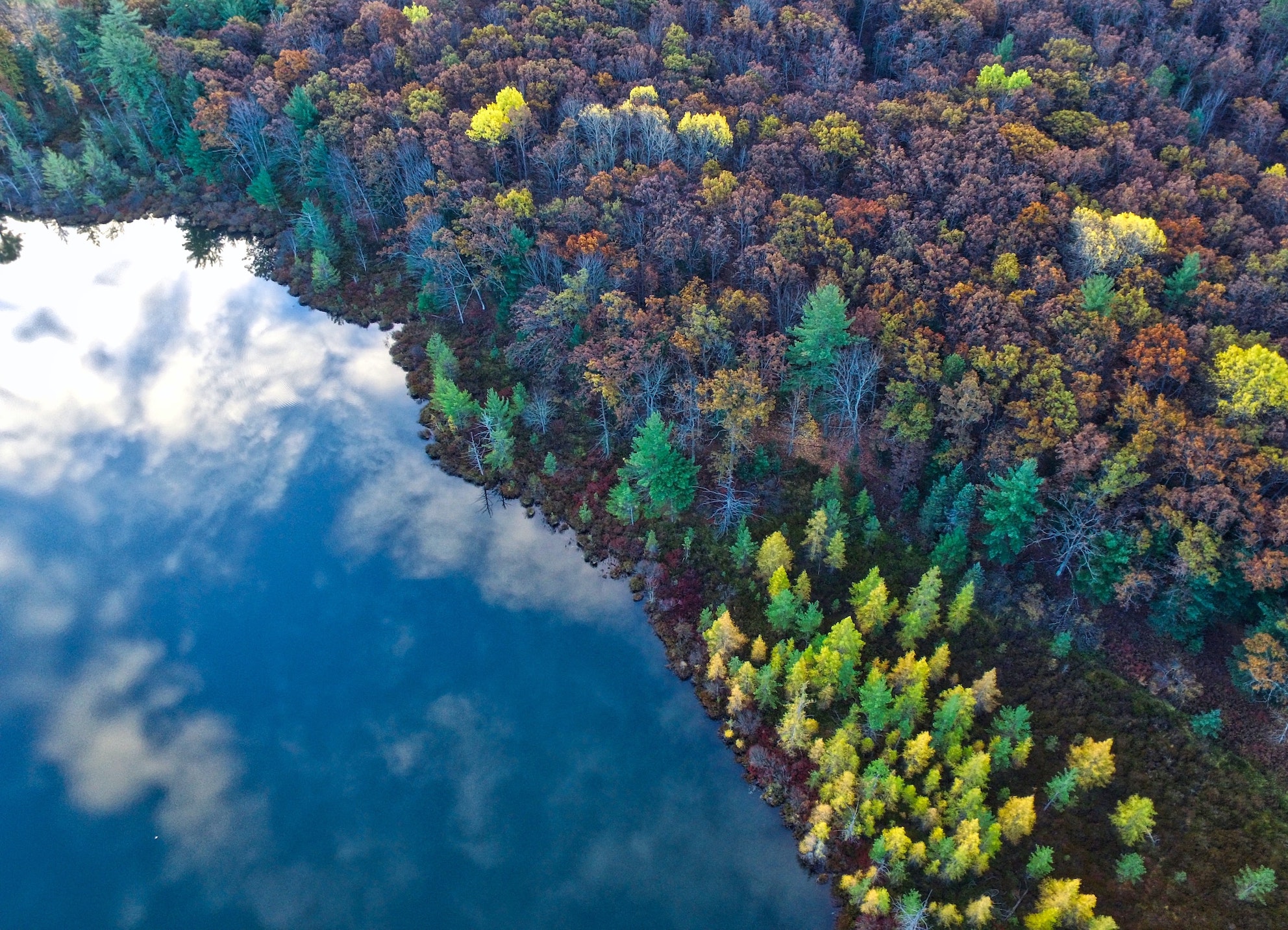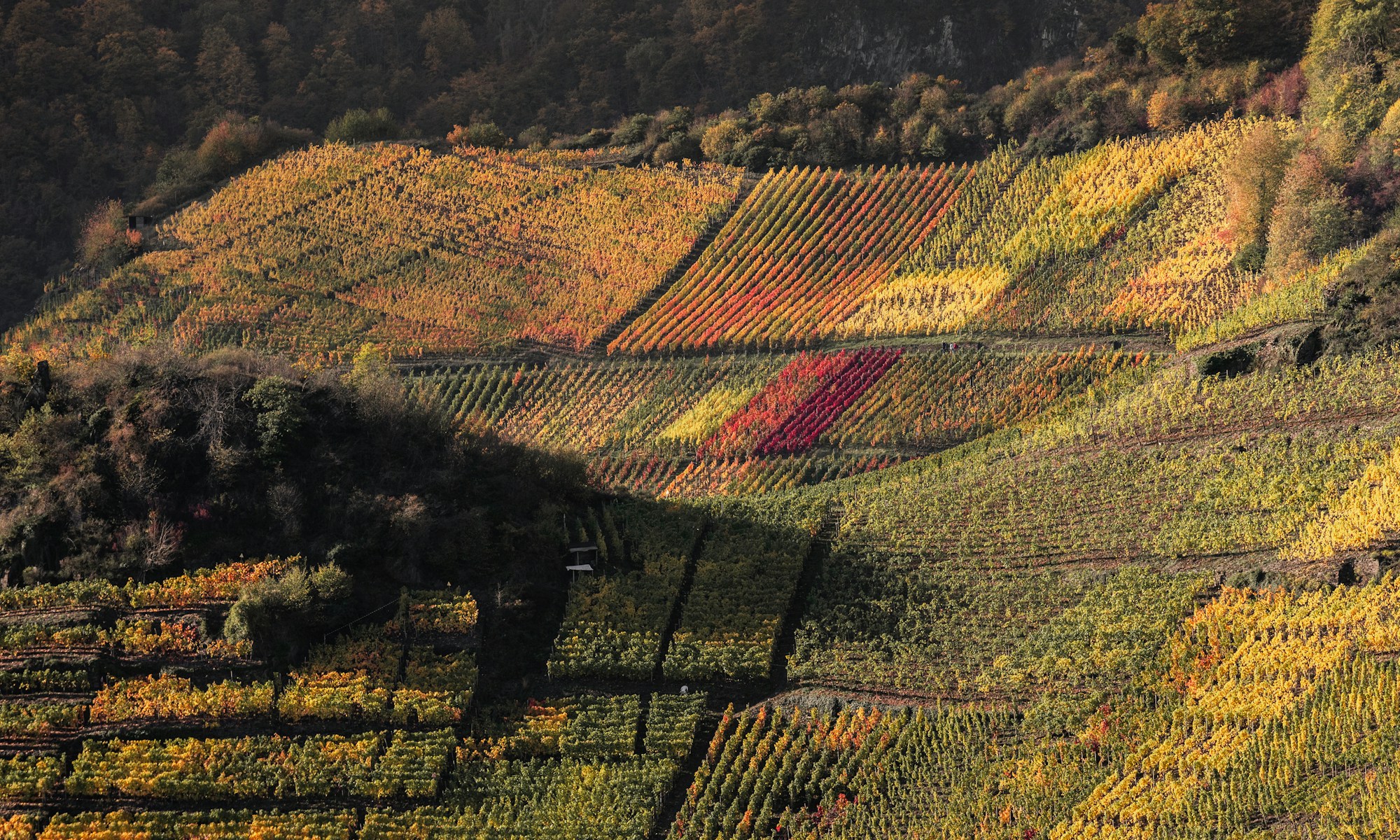15 November 2021 – by Johanna Wassong
In the summer of 2021, Western Europe experienced some of the worst flooding in decades. It caused tragic loss of life and widespread destruction across Europe, with its effects felt in Austria, Belgium, Croatia, Germany, Italy, Luxembourg, the Netherlands, and Switzerland. The catastrophic floods were especially powerful in Germany, where 180 people died, 700 were injured, and at the time of writing, 73 people are still missing. Preliminary calculations by German insurance companies suggest that there has been a cost to the economy of 4.5 – 5.5. billion euros, for damage to insured property alone.[1]
Whilst these events are both heart-breaking in their impact on people’s lives, and shocking in their unprecedented nature, this is but one notable example in Western Europe of a trend that has been occurring in other parts of the world for decades, leading to displacement and devastation across the globe. By examining the impact of flooding in the Ahrtal, Germany, scientists have uncovered additional compelling evidence in support of the human-induced contributions to the worsening of natural disasters.
The Ahrtal in Germany – an idyllic region often known for its local wineries and a popular tourist spot for hikers – was and continues to be one of the worst affected regions. At the height of the floods, it is estimated that approximately 90 litres of rain per square meter were falling into the regions around the rivers Ahr and Erft daily, more than any rainfall pattern noted in weather records so far[2].
Can explanations be found for these unprecedented events?
One of the factors predisposing the Ahrtal to flooding is the geography of the region: some valley sections create a funnel effect in the event of extreme floods due to the narrow nature and steep slopes. However, that does not necessarily encompass the full explanation for this catastrophe, which is estimated to be a once in 500-year event, or even rarer according to a study conducted by an international group of scientists from across Europe and the US.[3]
It was also found that human-induced climate change altered both the likelihood and intensity of the heavy rainfall which caused the severe flooding in Western Europe. In other words, not only has human induced climate change made the chances of such flooding happening greater, but it has also led to a worsening of the severity of heavy rainfall events. The study assessed general data from 1-day and 2-day rainfall events separately, and this disaggregation helped to analyse the changes in rainfall duration over the past decades.
The research group landed on three key findings. Firstly, they were able to demonstrate that rising temperatures have made flooding itself worse – climate changed increased the intensity of the rainfall event by about “3 – 19% compared to a global climate 1.2 °C cooler than today”. They also showed that climate change has made the probability of such an event occurring far higher – the likelihood of flooding has increased by a factor of between 1.2-9 compared to a pre-industrial climate. The study also looked at what would happen if the global temperature would continue to increase, up until 2°C warmer than pre-industrial times. Worryingly, the study found that these trends in severity and likelihood would continue to worsen along this predicted trajectory[4].
Though research demonstrating the harms of climate change and global warming already exists, environmental politics within Europe have been slow to change. However, this study based in Western Europe itself, tangibly links climate change to catastrophic effects on people’s livelihoods, and demonstrates its influence in causing huge displacement issues. Though it is unfortunate that governments have in the past not been willing to mobilise when such displacements are occur in far-off countries, it seems possible that in the face of such local impact, this study may succeed where others have failed in galvanizing European action.
The climate crisis as a crisis of global displacement
Due to the extreme floods, and the long-term effects that they had, the residents of the Ahrtal were severely displaced, both in the long and short-term. Whilst volunteering in the Ahrtal, reconstructing a destroyed house which belonged to a local police chief, I heard examples of the displacement which so many were forced to face after their houses were swept away by the floods or ripped down by the authorities due to extreme flooding damage.
One couple explained how their children had to start the new school year in a new region, living with their grandparents, because their own house cannot be lived in, and the school building had also been damaged. This is just one of many examples of the displacement and disruption the residents of the Ahrtal have had to manage. Moreover, ever since the initial, immediate displacement caused by the loss of their home, the residents have continued to experience long-term issues.
Even 3 months after the catastrophe, residents continue feel the ramifications of the disaster. For example, in the city of Bad Neuenahr-Ahrweiler, citizens are left without gas and heating, a challenge that could persist until the winter. Currently, 150 people are still lacking access to these basic services, and others are already living in emergency shelters supplied in the form of containers[5]. The long-term displacement and consequences are often invisible, overlooked as the media turns its attention elsewhere.
There has been widespread disappointment amongst residents with the way the disaster has been handled, not only in terms of the lack of alarm and warning residents received[6], but also in terms of organization after the crisis. One local describes how all of fundraising activities and donations have been organized privately, and there is a palpable feeling of having been let down by the government amongst the affected community. Politicians have expressed their horror and have vowed to fight climate change, with German environment minister Svenja Schulze stating that the recent floods are “the consequences of procrastination and hesitation” in fighting climate change.[7] However, one must be cautious in their optimism in believing meaningful policy change will occur, as these statements were overshadowed by rhetoric surrounding the recent national election in September 2021.
These catastrophes, however, are not new to some developing countries, but a wakeup call only for Western nations. Unfortunately, developing nations such as Bangladesh, countries in the Sahel region and island-nations such as the Maldives, have experienced extreme weather changes and increasing frequency of natural disasters. The question remains if the recent flooding will wake up western nations now that there have been climate-induced disasters and climate induced displacement on their doorstep.

Johanna Wassong is a final year International Relations student at the University of St Andrews in Scotland, specializing in human rights and refugee rights in sub–Saharan Africa. She is currently writing her dissertation on refugee politics following the 1994 Rwandan genocide.
Johanna initially started working with refugees in her hometown of Cologne, Germany during the so-called Refugee Crisis of 2015, and was specifically confronted with the issues of environmental migration after the 2021 summer floodings in the Ahrtal.
References
[1] Bundeszentrale Bildung, “Jahrhunderthochwasser 2021 In Deutschland | Bpb”, Bpb.De, 2021, https://www.bpb.de/politik/hintergrund-aktuell/337277/jahrhunderthochwasser-2021-in-deutschland.
[2] David Young, “Klimawandel, Flut An Ahr Und Erft – Und Die Frage Nach Dem Verschulden”, Deutschlandfunk, 2021, https://www.deutschlandfunk.de/studie-zeigt-zusammenhang-klimawandel-flut-an-ahr-und-erft.2897.de.html?dram:article_id=501936.
[3] “Heavy Rainfall Which Led To Severe Flooding In Western Europe Made More Likely By Climate Change – World Weather Attribution”, Worldweatherattribution.Org, 2021, https://www.worldweatherattribution.org/heavy-rainfall-which-led-to-severe-flooding-in-western-europe-made-more-likely-by-climate-change/.
[4] Ibid.
[5] Archysport, 2021, https://www.archysport.com/2021/08/after-flooding-in-western-germany-thousands-of-residents-in-winter-without-heating-politics/.
[6] Deutsche Welle, “Germany Ponders Lessons From Deadly Floods — As It Happened”, 2021, https://www.dw.com/en/germany-ponders-lessons-from-deadly-floods-as-it-happened/a-58311369.
[7] David Ehl, “The Climate Crisis Can’t Be Stopped, We Must Adapt”, Deutsche Welle, 2021, https://www.dw.com/en/opinion-the-climate-crisis-cant-be-stopped-we-must-adapt/a-58294704.



